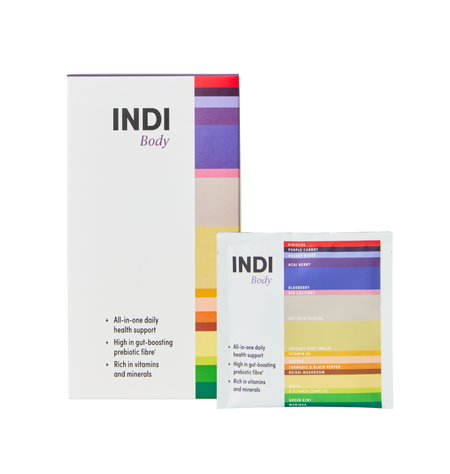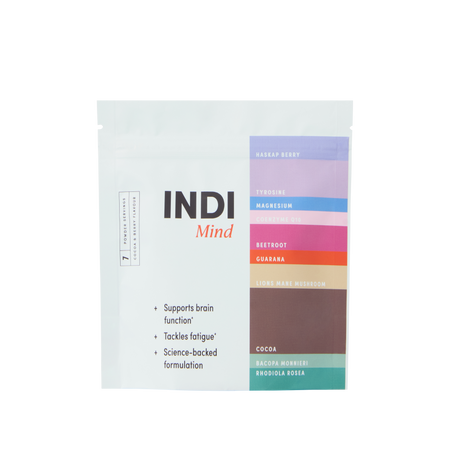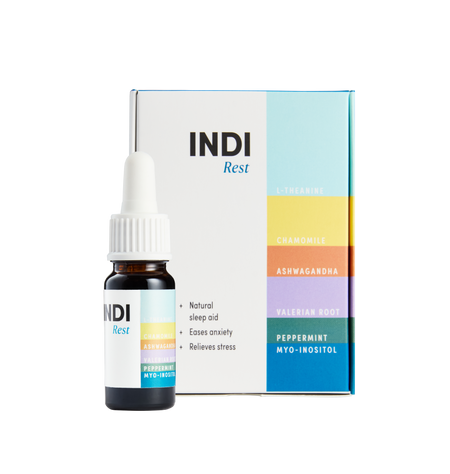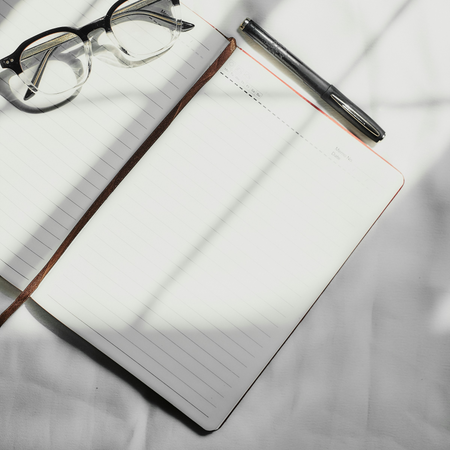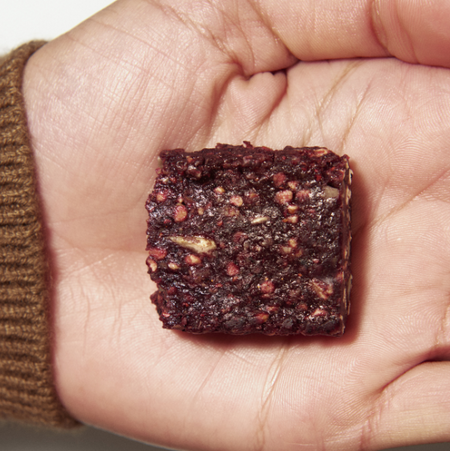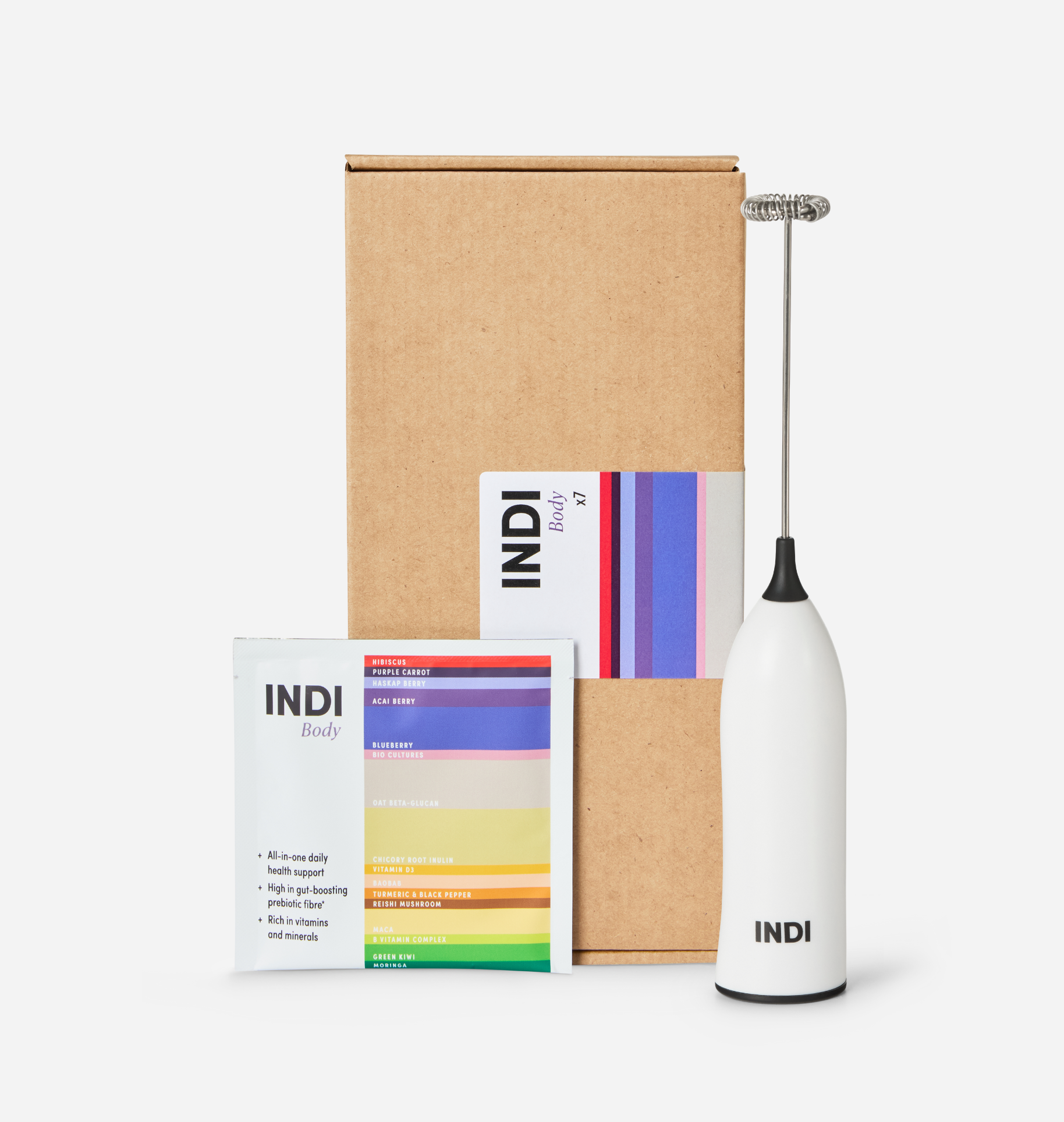How to fall asleep faster and sleep better
Take a moment to assess our stress levels and make small adjustments to improve our mood while reducing the risk of stress-related health issues like cardiovascular disease.
We spoke to Tricia Traynor, a Registered Nutritionist, for her insights on the role of sleep in managing stress and overall health. With her guidance, take a moment to assess your stress levels and make small adjustments to improve your mood, while reducing the risk of stress-related health issues like cardiovascular disease.
THE BENEFITS OF GOOD SLEEP HYGIENE
“I emphasise the importance of implementing a sleep hygiene routine with my clients due to its significant impact on both sleep quality and overall wellbeing. By establishing a consistent and healthy sleep routine, you can regulate your body's internal clock (circadian rhythm) and improve sleep patterns. This is crucial because good quality sleep is essential for hormone balance, immune function, cognitive function, and physical and mental wellbeing.
“Practising good sleep hygiene and achieving restful sleep can help you avoid the unpleasant situation of waking up feeling exhausted and reaching for high-sugar, quick-energy foods. This often leads to a blood sugar rollercoaster that causes energy fluctuations, mood swings, hormonal imbalances and increased cravings for unhealthy foods. By prioritising your sleep, you can maintain a healthy diet and make better food choices throughout the day.”
TRICIA'S TOP TIPS FOR PROPER SLEEP HYGIENE
- Create a sleep-friendly environment. Ensure your bedroom is dark, cool, quiet and comfortable. Consider using an eye mask and ear plugs if necessary to block out any disturbances.
- Limit exposure to electronic devices. Electronic devices emit blue light, which is similar to daylight and can suppress the release of the sleep hormone melatonin. Turn off TVs, mobile phones, and tablets before starting your nightly sleep routine. Instead try reading a book, listening to calming music, or practising relaxation techniques.
- Limit caffeine and alcohol intake. Both caffeine and alcohol can disrupt healthy sleep patterns. Avoid consuming these especially close to bedtime to improve sleep quality.
- Finish your evening meal at least two hours before bedtime. Eating late at night can lead to indigestion and acid reflux making it difficult to fall asleep and stay asleep. Give your body enough time to digest before going to bed.
- If you experience anxiety or have trouble falling asleep, you can try natural sleep remedies such as Indi Rest to help regulate circadian rhythm by promoting relaxation and preparing your body for better quality sleep.
“By incorporating these sleep hygiene techniques into your daily routine, you can enhance the quality of your sleep and enjoy the numerous benefits it brings to your overall health and wellbeing.”
About Tricia Traynor
Tricia Traynor is a Registered Nutritionist and Metabolic Balance Coach at TThealth.io. Her ethos lies in the power of nutrition to reduce inflammation, improve gut health, support healthy aging, and aid in weight loss (if necessary). Tricia’s approach is centered around nutrition and lifestyle choices that are sustainable, easy to understand and tailored to each individual’s specific needs.
